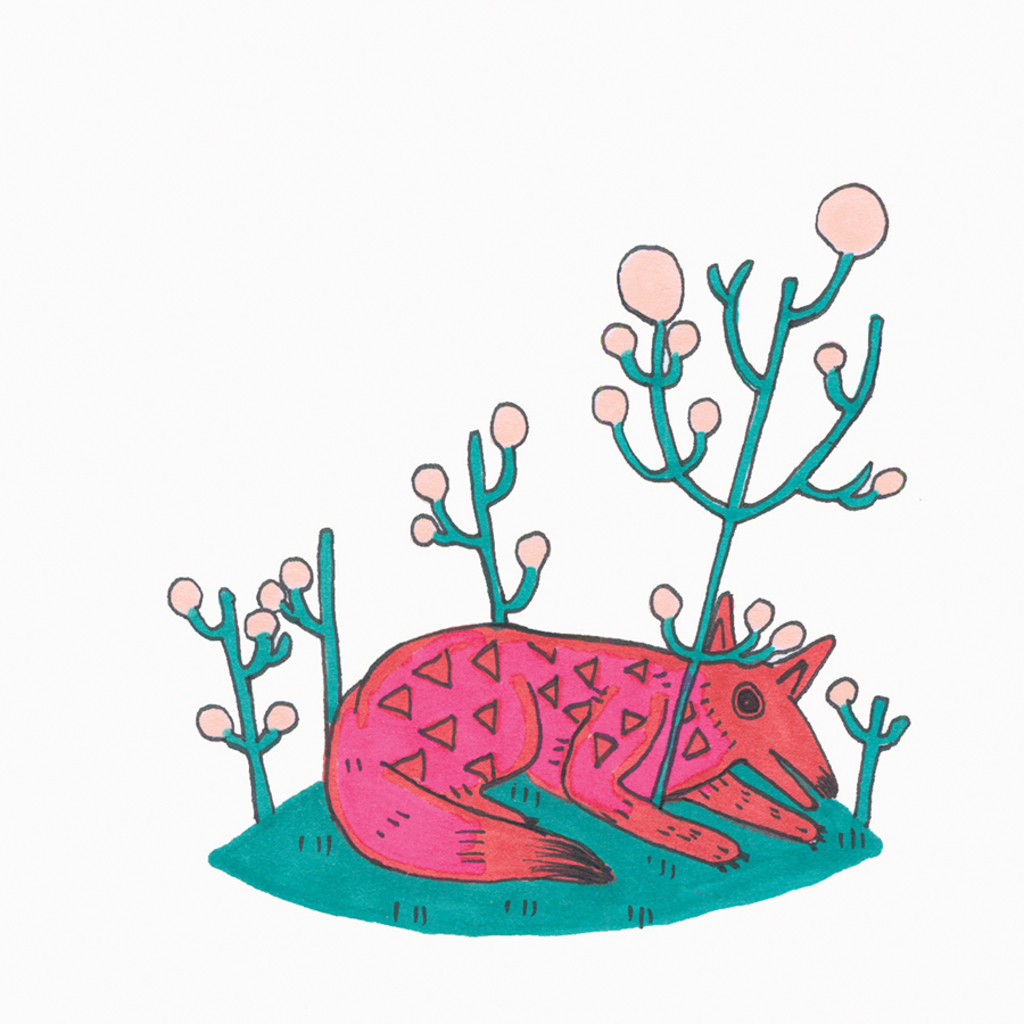It happens. You do the job that you were asked to do. And then boom. The money talk comes up again. It's something about how the fee is too high. Whatever the reason on the other side is, it just feels really bad, when the money issue gets tossed up every now and then like some bowl of salad. Artists and creators all around are very familiar with this.
But what about those cases where the client says that there will be payment, but doesn't deliver the payment, and continues on the project under the guise that there will be pay at the end? I mean, what if the guy is just straight up lying? Well, this week, we got a story from David Miranda. David is the founder of Artisfy, a partner of ours, and he had a story from his friend, Vlad, who runs a creative studio called Lemon Digital.
So David's friend, Vlad, got a client who requested a video for his startup. The idea seemed simple enough to Vlad, so they started with the script, and created a storyboard draft. Then they went on to approve all the illustrations, the style. There was a minor hiccup in the middle because the company had changed its whole brand identity. Vlad and his team had to redo the whole thing at one point.
All of which, was fine. The client had made a prepayment. Things were going along as usual. They showed the first 10 seconds of the video to the client once it was done, in order to get the approval for the overall style of the animation. The client was happy, so Vlad and his people went on and finished it.
Then things started to go off the usual path. When Vlad shows the video's finished version to the client, the client then balked. He was upset because this wasn't what he wanted. He accused Vlad's company of cheating him. That he requested for a video, but Vlad and his team made another one, completely different.
To which, Vlad's response was, why did the client approve everything up 'til then? This question, he did not get an answer to.
Vlad explained that this unfortunately happens from time to time. It's often when the client tries to lower the price of the video by saying that the product is unsatisfactory.
After a lot of unpleasant discussions, they agreed not to lower the price, but to add some changes to the video. Which is a relief for Vlad, but it is a concession on the part of Vlad and his team. They're agreeing to do more work for no additional pay. But at this point they just want the client to be happy.
And this is where the story turns into a real kick in the groin. A friendly informant tells them that in fact, the startup that has ordered the animation, is not even there anymore. The founders had run out of money, and so they were not even going to pay at all.
The client also left a kindly note when Vlad confronted them about why they had bothered to give the feedback and go through all that fuss if they weren't going to pay, and their answer:
"Because we care about the quality of your portfolio".
Obviously, and because they care so much about the portfolio, that they went out of their way to screw Vlad's company. Such consideration is unprecedented, isn't it?
Hopefully, no one else will have to go through something like this, but unfortunately the reality is that this type of behavior is very far and wide. If the chance is there, people want to pay less.
Now, how can artists protect themselves from this type of behavior? The short answer is that we can't. People lie, and we can't fully protect ourselves from liars.
However, in cases like these, you can do something. It's rather a severe waste of your time when you work on something for months, and have them do a 180 and say that there's no money for you. Instead, if there is a big project, request that the project is divided into bits, and that payment happens at every stage of the project. For instance, one for the concept design. One for the illustrations. One for the demo draft. Divide the parts up into different stages, so that at least you don't lose all of your work to no pay.
Other than that, also make sure to do some background checking. Had Vlad not been informed of the startup's closure, he might've been working on the project for a longer time to finish the edits, not knowing that there was going to be literally nothing at the end. Constantly be on your toes, and try to get updates on your client. Whether it's directly from the client or other sources of information. It's important to be in the loop.
Because remember, no one can look out for you like you can. So be on guard fellow artists.































